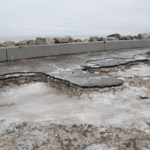Lake Erie-Niagara Monitoring Hub resumes monitoring recreational water quality
The Lake Erie – Niagara Monitoring Hub is testing the recreational water quality at three locations along Lake Erie’s North Shore for the second year in a row. Read the full story by CKTB – Ontario, CA.
Great Lakes Commission
https://www.glc.org/dailynews/20200903-erie-monitoring


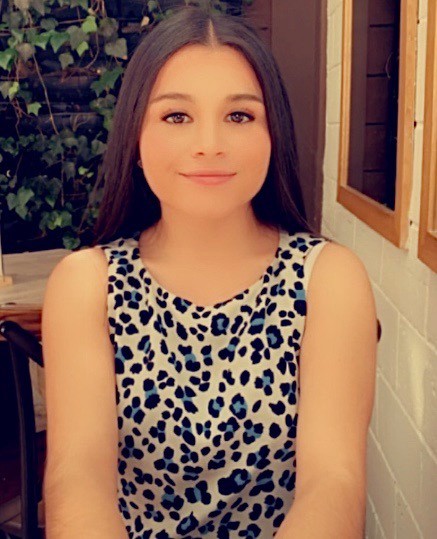
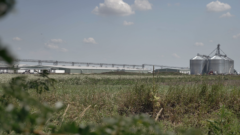
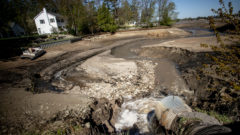
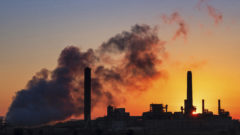
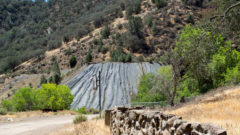
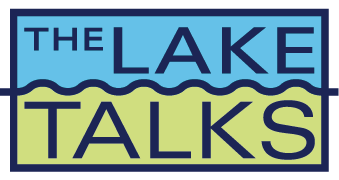 Topics include aquatic invasive species, eating local fish and Green Bay’s ecosystem
Topics include aquatic invasive species, eating local fish and Green Bay’s ecosystem